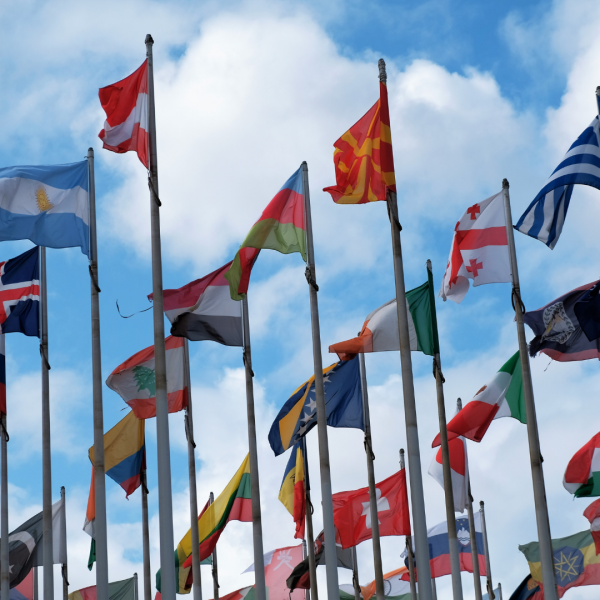Impacting foreign workers, immigrants, and international students, the suspension of consular services has been one of the most disruptive features of the COVID-19 pandemic. This report provides an update on the re-opening and continued closures of high-traffic U.S. embassies and consulates in Africa, Asia, South America, Europe and the Middle East.
Brazil
While routine nonimmigrant visa services remain suspended, the U.S. Embassy and Consulates in Brazil are processing student visa applications, visa applications for those who are exempted from Presidential Proclamation 10143, as well as National Interest Exceptions for qualified travelers.
China
Green card applicants will be relieved to hear that immigrant visa services are now operating normally at the U.S. Consulate in Guangzhou. Limited appointments for certain nonimmigrant visa categories, including all F visas, certain J, M, C1/D visas, and emergency, mission-critical, travelers are available. Direct travel to the United States from Mainland China remains restricted under Presidential Proclamation 9984 for other travelers not covered by a National Interest Exception or exempted by a Presidential Proclamation.
India
The U.S. consulates in Chennai and Hyderabad remain closed, while operations in Mumbai, New Delhi, and Kolkata continue on a limited basis. To offset closures, consular sections across India are now accepting a limited number of drop box applications for renewals of H, L, C1/D, O, I, F, M, and J visas. Applicants should check the State Department’s website and/or consulate with an immigration attorney to discuss eligibility and documentation requirements.
A significant percentage of international students in the United States are Indian nationals. The beginning of the fall academic school year has created steep demand for visa appointments in low supply. Students still in queue for a visa appointment should frequently check the State Department’s website for changes in availability. They might also contact their academic program to discuss potential flexibilities.
Germany
The U.S. Embassy in Berlin and consulates in Frankfurt and Munich are now offering a limited number of visa appointments. Appointments are being scheduled on a first-in, first-out basis according to prioritization guidance on the phased resumption of visa services. Wait times are sizeable due to the consulates’ limited capacities and adherence to socially distant guidelines.
Lebanon
The U.S. Embassy in Beirut has resumed limited routine nonimmigrant visa services, though wait times remain long. Travelers may schedule appointments for the full range of visa categories on-line.
Philippines
While routine visa services remain suspended, the U.S. Embassy in Manila is processing visa applications for urgent, mission-critical categories of travelers, including certain students and exchange visitors (F-1, M-1, and J-1) and temporary employment visas (H-1B, H-2B, and L nonimmigrants). The embassy is also processing a limited number of green card applications every month across all immigrant visa categories.
South Africa
Due to the continued COVID-19 outbreak, the U.S. consulates in South Africa remain unable to resume routine immigrant and nonimmigrant visa services. Limited immigrant visa services (IR-1, IR-2, CR-1, CR-2, IR5, and K visas) are available. The consulates are also processing certain nonimmigrant visa services for crewmembers, student and exchange visitors categories, journalists, and petition-based workers who qualify for an national interest exception to current travel restrictions.
The United Kingdom
While the U.S. Embassy in London and U.S. Consulate in Belfast continue to provide emergency and mission-critical visa services, nonimmigrant visa appointments remain extremely limited and routine visa services have not resumed. A limited number of immigrant and fiancé(e) visa applications are available.
This report does not constitute an exhaustive list of changes to consular visa services. Please contact WR Immigration for consular-specific questions, as well as questions about international travel, B-1 visa availability, national interest exceptions, the visa waiver program, and more.


